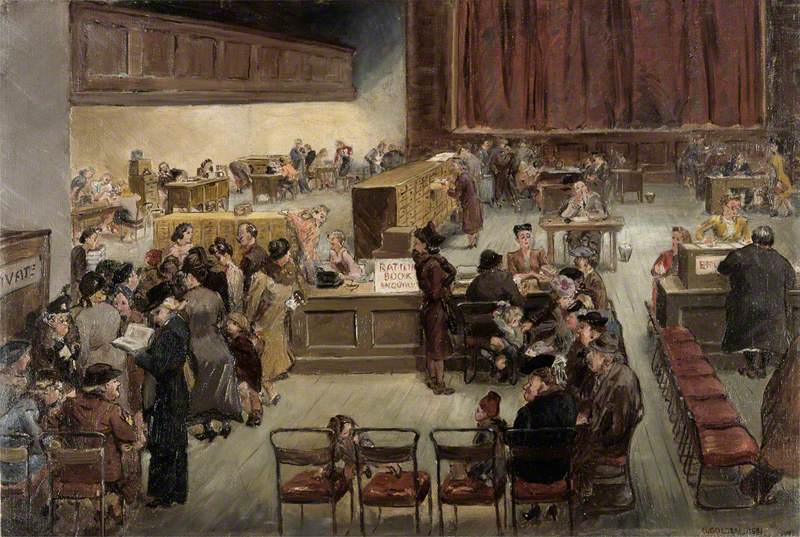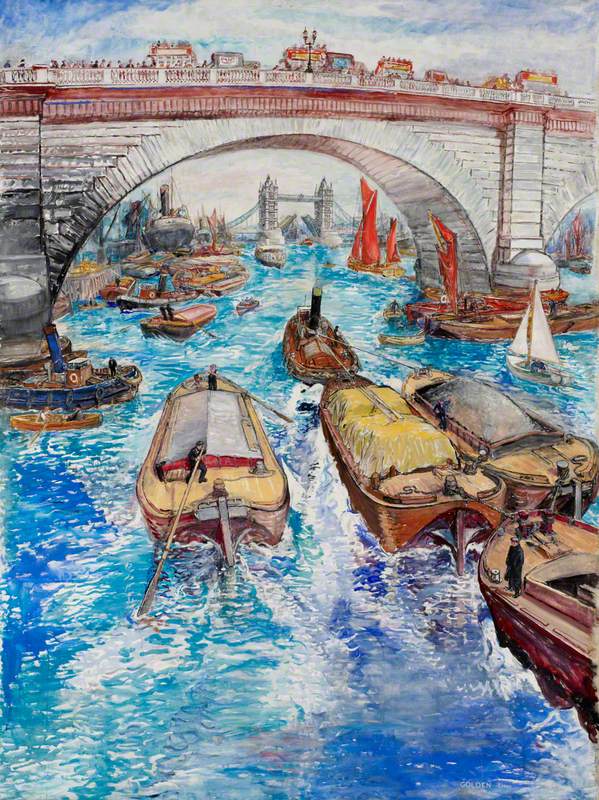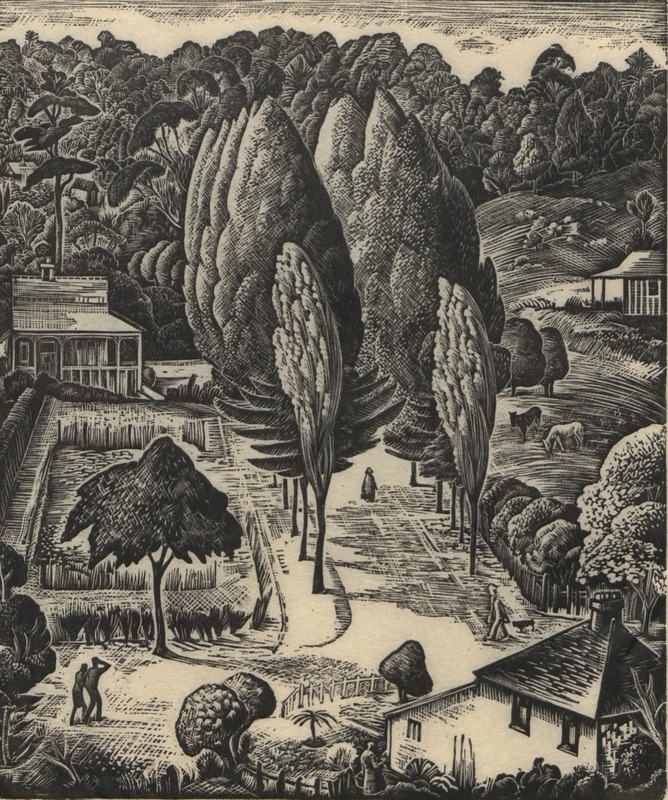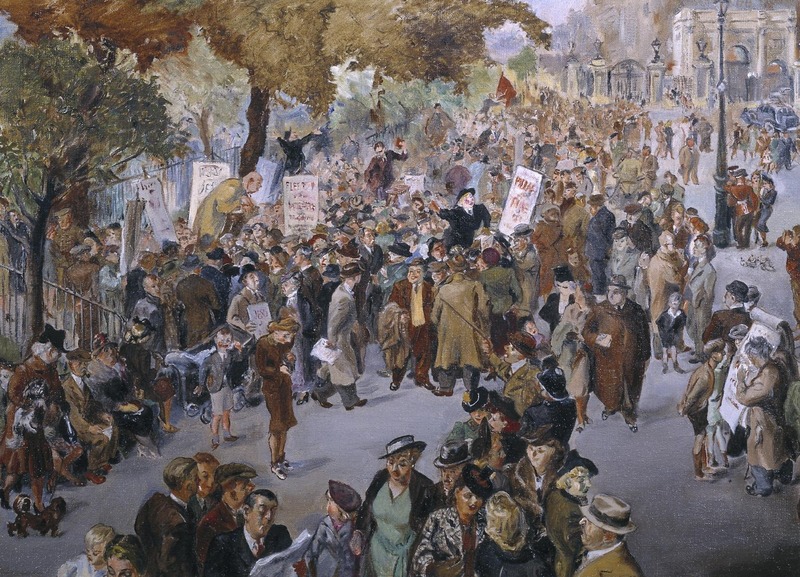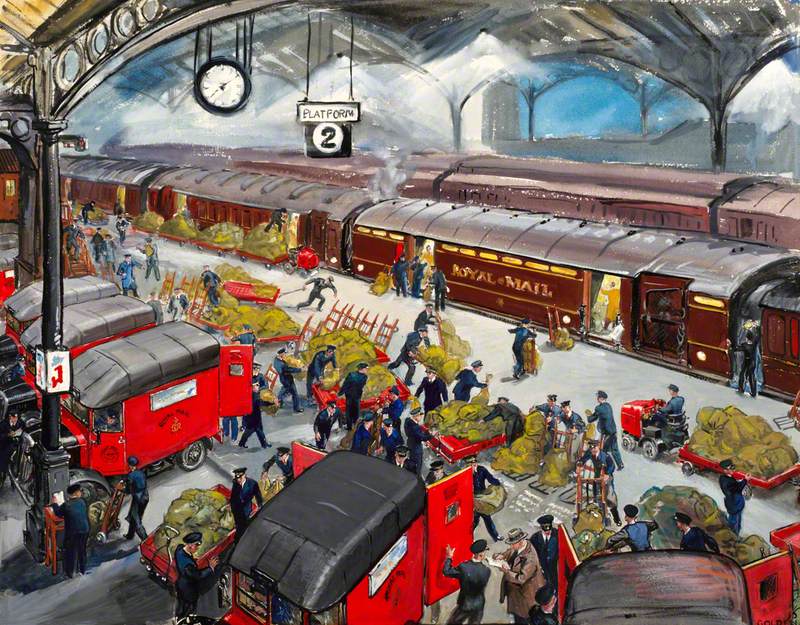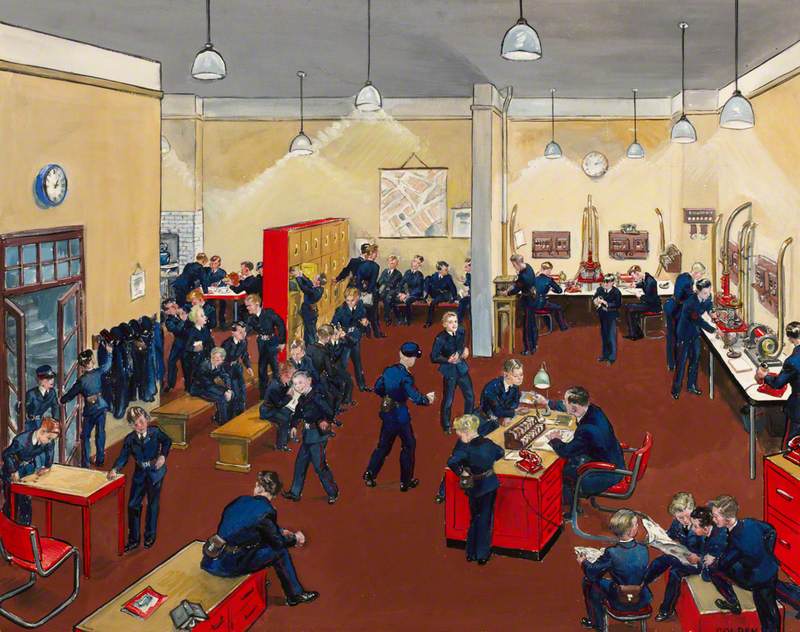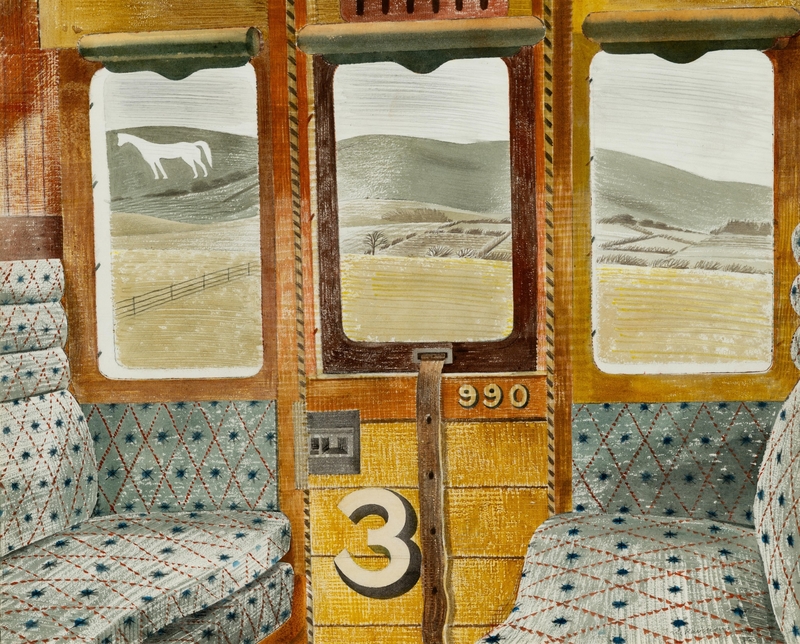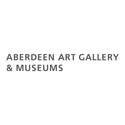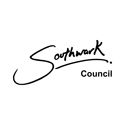Grace Lydia Golden was born in London, England on 4 April 1904. She studied at Chelsea School of Art in London under John Daniel Revel from 1920 to 1923 and at the Royal College of Art in London under William Rothenstein from 1923 to 1926. She subsequently worked as a painter, wood engraver and Illustrator. She also taught at the Royal College of Art in 1926-27 and later at Regent Street Polytechnic in London.
While still a student, Golden contributed an illustration to the January 1923 issue of Britannia magazine. She subsequently drew illustrations for Radio Times, The Passing Show, Britannia & Eve, Pearsons Magazine, Holly Leaves, The Strand Magazine, London Express, The Tatler, John Bull, Collins Magazine, and The Sketch.
In 1931 she illustrated her first book, The Tired Man by Anna Wickham (London: Poetry Bookshop, The New Brioadside No. 21, 1931). She did not illustrate another book until 1947 and from then until 1970 she illustrated a further 28 books and contributed illustrations to several more titles. Most of the books were for children and from 1963 all were on religious subjects. [1]
In the 1930s and 1940s she painted a number of London street scenes. notable among which is "Free Speech", (1940), a painting of Speakers' Corner in Hyde Park, now in the collection of the Tate, London.
During World War Two she designed posters for the Ministry of Labour and National Service. She was one of a select group of artists who were granted a sketching permit from the War Artists' Advisory Committee allowing her to paint and sketch public buildings and street scenes. She was also one of the 97 artists who were recruited by the Pilgrim's Trust for the Recording England project.
Following the war she designed posters for the Ministry of Information and General Post Office. In 1948 she was commissioned to design a set of four posters depicting the work of Post Office staff in London. The posters were displayed in all Postal and Telegraph buildings and all telephone exchanges in London. She designed at least one poster for London Transport: Cycle and Motor Show, in 1936.
Between the late 1940s and early 1970s she illustrated several books. She also contributed illustrations to Look and Learn magazine and the Swift Annuals. She was the author of Old Bankside, a book that faithfully documented, in a series of her illustrations, street life in London along the banks of the Thames from Blackfriars Bridge to London Bridge.
Golden was a member of the Society of Theatre Research for many years and was an honorary archivist for the Shakespeare's Globe Theatre project.
She exhibited at the Royal Academy, Royal Society of British Artists and the Fine Art Society in London; and the Walker Art Gallery in Liverpool. A retrospective exhibition of Golden's work was held at the South London Art Gallery in 1979. Her paintings "Summer Evening, Embankment Gardens" (1934) and "Free Speech (1940) were purchased by the Chantry Bequest.
She died in London on 3 June 1993
Text source: Art History Research net (AHR net)
[1] For a checklist of publications illustrated by Grace Lydia Golden see William Connelly ‘Grace Lydia Golden: Londoner’. Studies in Illustration (Imaginative Book Illustration Society) no. 69, Summer 2018 pp. 28-44.
